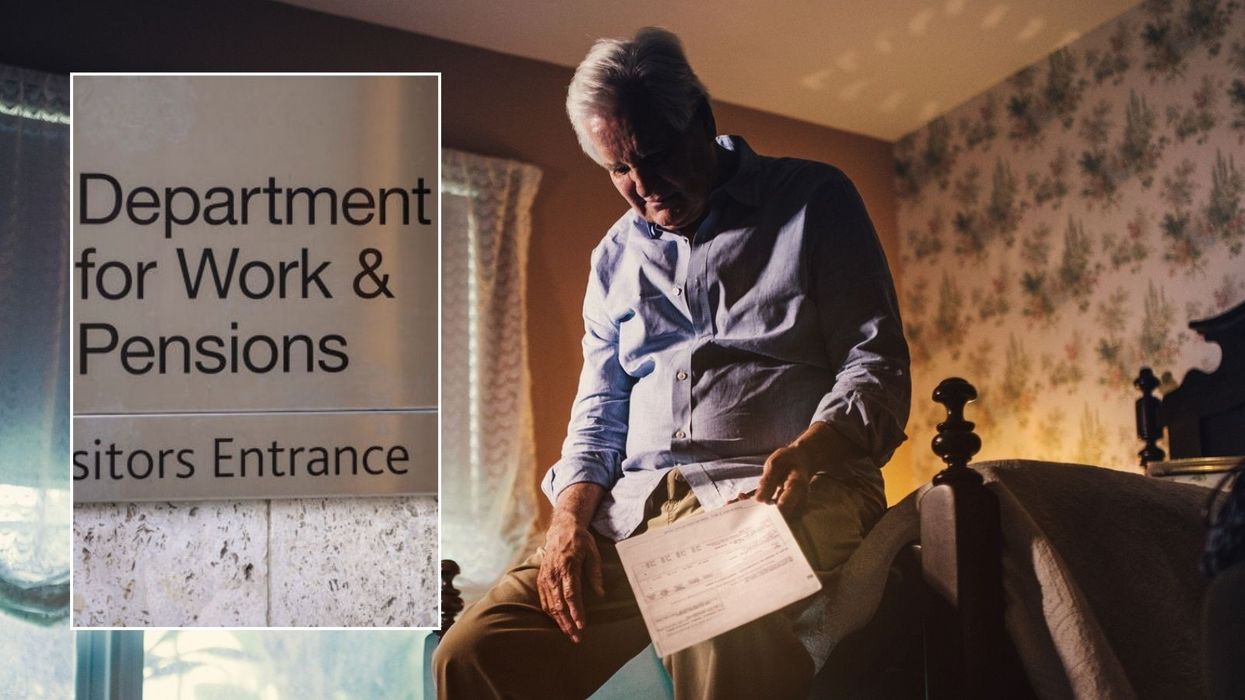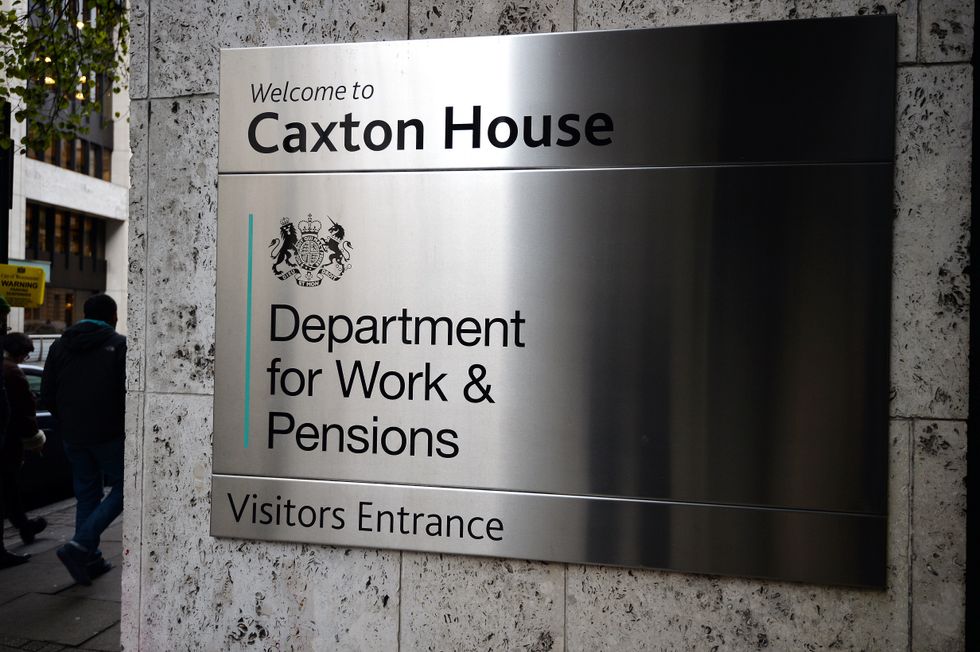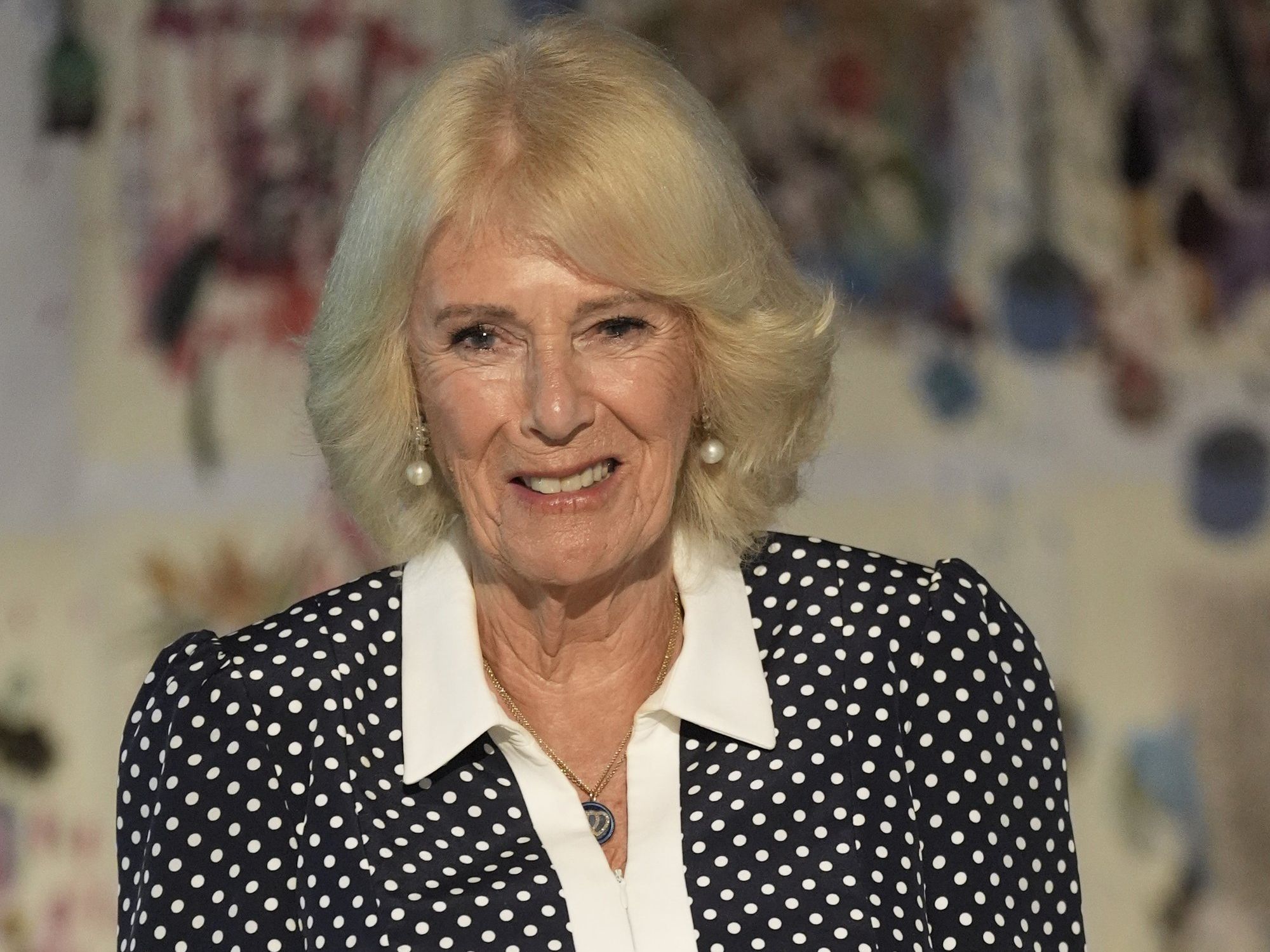State pension disaster as Britons 'only receiving fraction of full' payments

Royal London is sounding the alarm over the state pension entitlement for thousands
|GETTY

Britons need 35 years of National Insurance contributions to get the full state pension but thousands are falling short of this criteria
Don't Miss
Most Read
Latest
Experts are issuing an urgent state pension warning as thousands of older Britons are "only receiving a fraction of full" payments from the Department for Work and Pensions (DWP), according to a new analysis.
Around half of claimants on the new state pension got the full amount per week with some 150,000 being on less than £100 per week, research conducted by Royal London found.
The insurance firm notes that 1,737,342 of 3,407,567 people receiving the new state pension received the full weekly amount in 2023, based on calculations using DWP data.
As it stands, the full payment for 2024.25 comes to £221.20 which is a slight rise from last year's £203.85 weekly amount thanks to the annual triple lock hike to pensions.
In order to receive the full amount from the DWP, pensioners need to have 35 years of National Insurance contributions under their belt with those with "fewer" qualifying years getting a smaller sum.
Based on Royal London's research, 149,317 pensioners who had reached state pension age by April 2016 were getting less than £100 a week from the retirement benefit.
Do you have a money story you’d like to share? Get in touch by emailing money@gbnews.uk.

Thousands are not claiming the full amount from the state pension
| GettySome 17,546 pensioners are believed to be on under £20 a week, while Royal London estimates 5,677 older people are getting less than £10 a week from the state pension.
Introduced in 2016, the existing state pension system was created to lay the foundation for people building their private savings over the years to come, with many pensioners relying on workplace retirement schemes.
Citing a previous Opinium survey it commissioned, Royal London's poll of 4,000 people across the UK in June 2024 suggested that one in five pensioners were living solely on the state pension to live on.
The DWP estimates that around 880,000 older Britons are eligible for Pension Credit, a benefit payment for pensioners on low income, but this group are not yet claiming it.
LATEST DEVELOPMENTS:
Following the news that the Winter Fuel Payment will be means-tested for older people going forward, the Government has launched a new campaign to encourage uptake of the top-up benefit.
Sarah Pennells, a consumer finance specialist at Royal London, said: "We often talk about the full state pension amount, but these figures show how many pensioners are getting only a fraction of that.
"One of the main reasons why people miss out on the full state pension is because they have gaps in their national insurance record, but they may not realise this until it’s too late to do anything about it.
"You may have national insurance gaps because, for example, you were working but had low earnings, were unemployed but didn’t claim benefits, were a high earner with young children who didn’t register for child benefit, or because you were working abroad.
 Pensioners are finding themselves with not enough saved for retirement | GETTY
Pensioners are finding themselves with not enough saved for retirement | GETTY "The good news is that, even if you have gaps in your national insurance record going back over a decade or more, it may still be possible to top up your national insurance contributions and increase the amount of state pension you’re entitled to."
Under the new state pension system, you don’t get any state pension at all if you have fewer than 10 years’ national insurance, so it’s important to check your national insurance contribution record."
A DWP spokesperson said: "Ensuring a better deal for the pensioners of today and tomorrow is a priority for this Government.
"There are a variety of reasons why some pensioners have a lower state pension – including contracting-out and paying less national insurance contributions – which is why we encourage those on the lowest incomes to claim for pension credit, worth on average £3,900 per year.
"Through our commitment to protect the triple lock over 12 million pensioners will benefit, with many expected to see their state pension increase by around a thousand pounds over the next five years."










